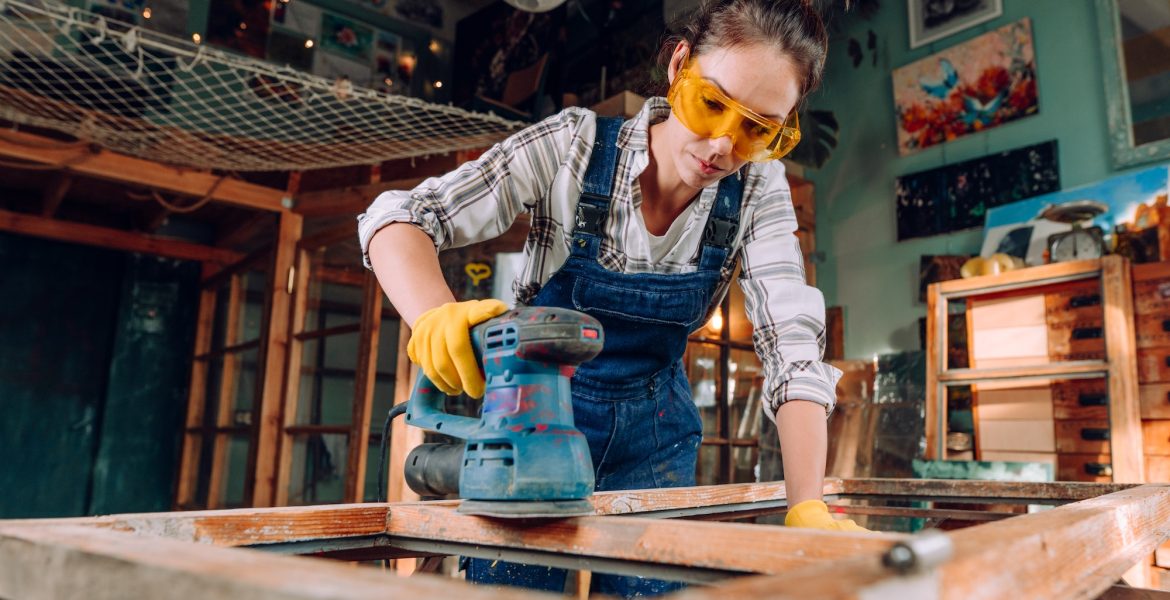
Home Improvement 101
Home improvement, also known as home renovation or remodeling, is a broad category of projects that focuses on upgrading an existing home. These projects can include both interior and exterior remodeling. It’s a popular way to make a home look better and increase its value. There are many different ways to improve a home, including adding a kitchen, bathroom, or new flooring.
Before beginning any home improvement project, you need to know exactly what you want and need. This will help you negotiate with contractors and lock in firm prices. It’s also useful to know the deadlines and details of the project. You should also ensure that the contractor has a valid license and is fully insured. Additionally, he or she must be aware of all inspections and permits required to work on your home. You can find out about these requirements by checking with your local building codes office. It’s also a good idea to compare prices and timelines from several contractors.
If you’d rather finance your home improvement project yourself, home equity loans and personal loans are both great options. A home equity loan may be a better option if you need the money all at once, while a personal loan is better if you’d like to make the project over time. Home equity lines of credit can also help if you don’t want to pay in one lump sum.
While a lot of Americans are DIYers, a growing percentage plan to hire professionals to complete their projects. A recent survey by Axiom found that nearly half of those who are self-employed plan to spend more money on their projects than they did in 2017. In fact, half of all people who plan to perform home improvement projects in 2021 plan to do it themselves.
While some home improvements may increase a home’s value, others may actually decrease it. Whether you’re looking to sell it in a few years or in a few months, home improvements can help you make the most money from your home. But be sure to choose wisely. Not all home improvements will increase the value of your home, and some may actually turn off potential buyers.
While home improvements may be expensive, government programs can help you fund them. For example, the Weatherization Assistance Program provides free services to improve a home’s energy efficiency. This can help families reduce their heating bills and improve the safety of their home. It also helps families upgrade their energy-consuming appliances. You can even get cashback rewards by purchasing home improvement items through a credit card.
Another option for financing a home improvement project is a personal loan. Although personal loans typically carry a higher interest rate than home equity loans, they are a flexible and affordable option for people with good credit. And unlike other types of loans, a personal loan doesn’t require collateral. But you must carefully examine the options before committing to a personal loan. Remember that your home improvement project should increase your home’s value and improve your quality of life.